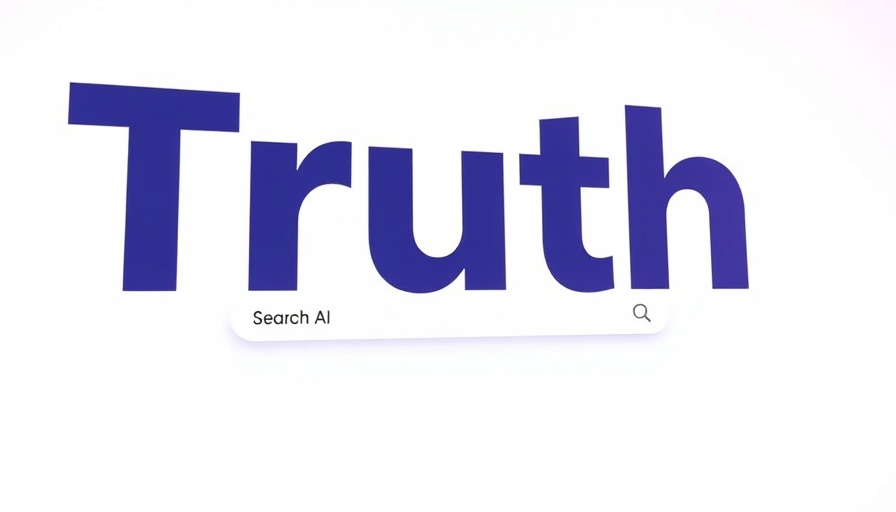
CEOs Urge Workers to Embrace AI or Risk Job Loss
In a swiftly evolving corporate landscape, leaders are amplifying their calls for employees to adapt to artificial intelligence (AI) technologies or face dire consequences. This sentiment was recently echoed by Amazon CEO Andy Jassy, who cautioned that the expanding implementation of AI across industries will lead to significant job restructuring. As the corporate world increasingly shifts towards an 'AI or bye-bye' stance, understanding this impending change is critical for today's workforce.
Understanding the Impact of AI on Job Structures
Jassy's dire warning is not an isolated sentiment. Numerous influential CEOs, including those from OpenAI and Nvidia, share similar views, citing the imminent transformation of job roles driven by AI advancements. Sam Altman, CEO of OpenAI, suggested that AI agents are beginning to produce work comparable to that of junior staffers, implying a major shift in the labor landscape. Furthermore, Dario Amodei of Anthropic indicated that AI might eliminate up to 50% of entry-level positions in the next five years. Such revelations should serve as a wake-up call for workers assessing their future job security.
The Mixed Reactions from Employees and Corporations
However, the response to these warnings is not universally positive. For instance, Luis von Ahn, CEO of Duolingo, encountered employee backlash when he highlighted the company's transition to an 'AI-first' model in a recent memo. Some staff members expressed concern that such strategies could displace human workers in favor of technological solutions. This discord illustrates a growing tension between emerging technology and the existing workforce, raising questions about the balance of job security in an AI-driven corporate environment.
The Upcoming Integration of Human and AI Workers
As we navigate this technological revolution, attention must turn to how organizations will meld AI capabilities with human skills. Salesforce's Marc Benioff underscored the necessity for future leaders to manage both human resources and AI agents. By 2025, the company anticipates no further hiring for engineers due to efficient AI utilization. This shift signifies a transition in workforce dynamics, necessitating that employees upskill to maintain relevancy.
Future Predictions: What Lies Ahead for Workers?
According to the World Economic Forum, a significant 41% of surveyed employers intend to downsize their workforce due to AI's capabilities in handling various tasks. Workers across various industries must prepare for this impending change or risk being left behind. Investing time in understanding AI tools, whether through online courses or workshops, can provide a competitive advantage in this increasingly tech-centric job market.
Conclusion: Take Action to Stay Relevant
With AI's rapid development poised to reshape job landscapes, both employees and employers must recognize the urgency to adapt. Forecasts indicate that understanding and integrating AI into everyday business processes will be key for survival in the corporate world of 2025 and beyond. Therefore, to ensure continued employability, investing in skill development related to AI and machine learning is imperative.
Staying informed and prepared can make the difference in a labor market that is changing at an unprecedented pace. Embrace this opportunity for growth—engage with AI technologies, understand their capabilities, and shape your career path accordingly.
 Add Row
Add Row  Add
Add 




Write A Comment